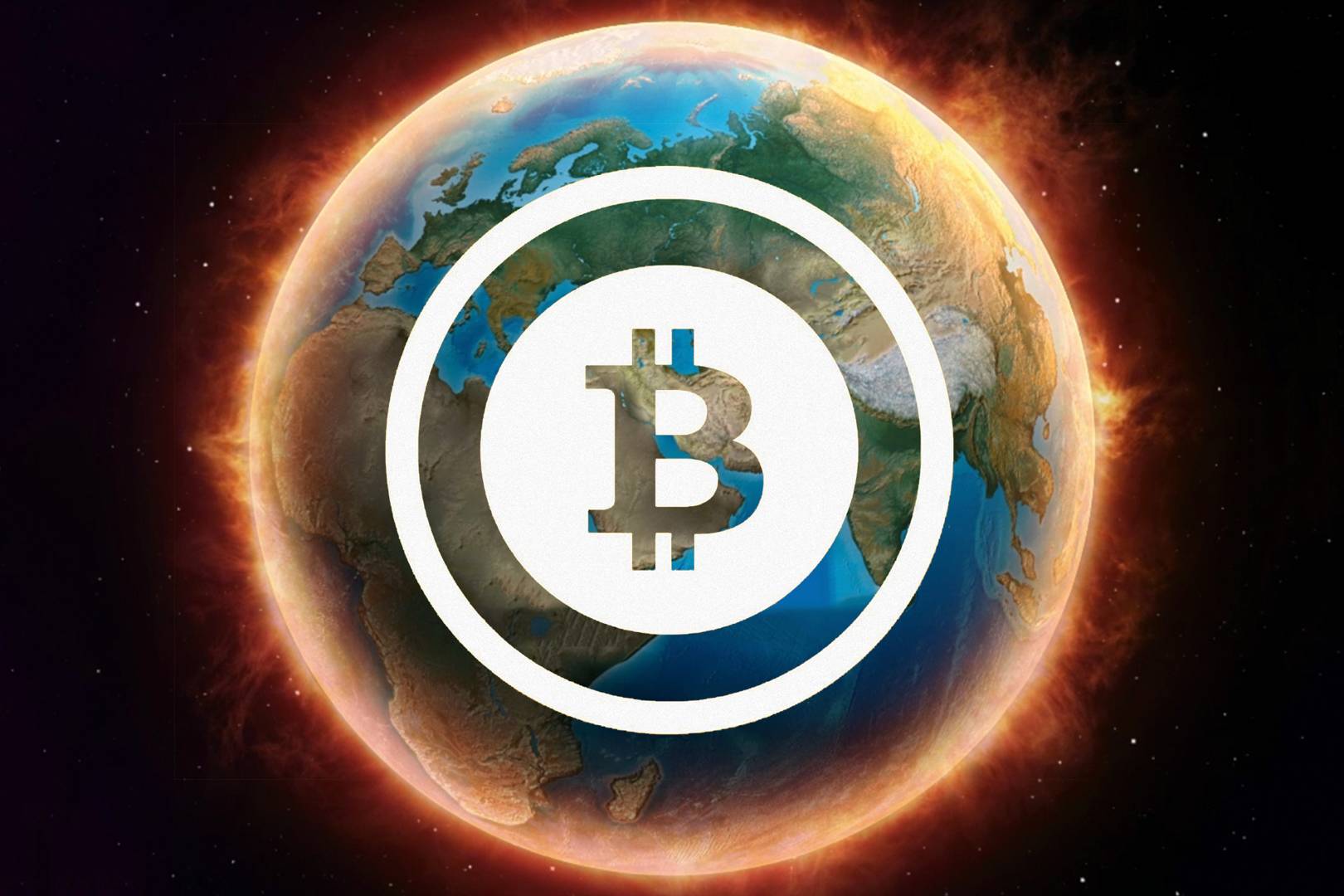Why Rising Energy Prices Could Supercharge Bitcoin, According to Expert
18.06.2025 16:00 1 min. read Alexander Stefanov
Macro strategist Luke Gromen believes that surging energy costs could set the stage for a dramatic rise in Bitcoin and gold, as inflationary pressure shakes confidence in traditional financial markets.
In a recent post, Gromen argued that a spike in oil prices often leads to inflation, pushing central banks into a corner. As the cost of energy rises in fiat terms, so too does the value of hard assets like gold — and, increasingly, Bitcoin. The key trigger, he suggests, is what happens to the bond market in such scenarios.
If energy prices climb high enough to drive inflation aggressively, Gromen says bond yields will become unsustainable without intervention. That’s when central banks typically resort to printing money to keep yields from spiraling — a move that weakens the currency and makes non-sovereign assets more appealing.
Bitcoin, in his view, stands to benefit significantly. Not only is it more scarce than gold by stock-to-flow standards, but its foundations are tied directly to the energy sector: mining BTC requires enormous electricity input, giving it a unique link to physical energy.
In a future where governments are forced to print more money to keep the system afloat, Gromen sees assets without counterparty risk — like gold and Bitcoin — as the likely winners.
-
1
Bitcoin Price Hits Record Highs as Exchange Balances Plunge
12.07.2025 19:00 2 min. read -
2
Over $5.8 Billion in Ethereum and Bitcoin Options Expired Today: What to Expect?
18.07.2025 16:00 2 min. read -
3
Bitcoin Sparks Clash Between Mike Novogratz and Peter Schiff
13.07.2025 10:00 1 min. read -
4
Robert Kiyosaki Reacts to Bitcoin’s Surge Past $120K: “I’m Buying One More”
14.07.2025 17:00 1 min. read -
5
Has BTC Topped? Key Signals Suggest The Rally isn’t Over
15.07.2025 21:00 2 min. read
Here is How Much Bitcoin Should Cost to Surpass Amazon, Apple, and Gold
As Bitcoin continues its steady ascent in 2025, comparisons with the world’s largest assets are once again gaining traction.
Bitcoin Stalls Below $120K as Markets Signal Late-Cycle Fatigue, Says QCP Capital
Bitcoin is treading water near the $120,000 resistance, with persistent bids around $116,000 offering a firm base—but failing to ignite fresh upside momentum.
Strategy Adds 21,021 Bitcoin at $117,000, Pushing Total Holdings Past $46 Billion
Michael Saylor, executive chairman of Strategy, has revealed that the company has acquired an additional 21,021 Bitcoin for approximately $2.46 billion, paying an average price of $117,256 per BTC.
Bitcoin Funding Rates Stay Elevated—Rally Ahead or Shakeout Coming?
As Bitcoin continues to consolidate above $100K, a critical market signal is flashing: BTC funding rates remain elevated, even as price action cools.
-
1
Bitcoin Price Hits Record Highs as Exchange Balances Plunge
12.07.2025 19:00 2 min. read -
2
Over $5.8 Billion in Ethereum and Bitcoin Options Expired Today: What to Expect?
18.07.2025 16:00 2 min. read -
3
Bitcoin Sparks Clash Between Mike Novogratz and Peter Schiff
13.07.2025 10:00 1 min. read -
4
Robert Kiyosaki Reacts to Bitcoin’s Surge Past $120K: “I’m Buying One More”
14.07.2025 17:00 1 min. read -
5
Has BTC Topped? Key Signals Suggest The Rally isn’t Over
15.07.2025 21:00 2 min. read


